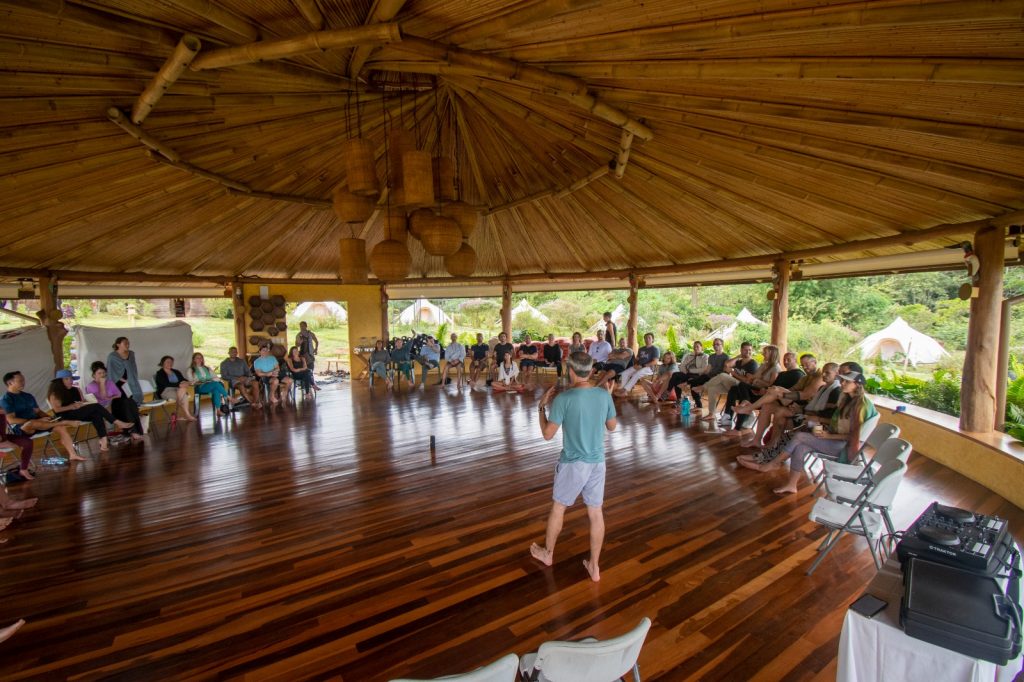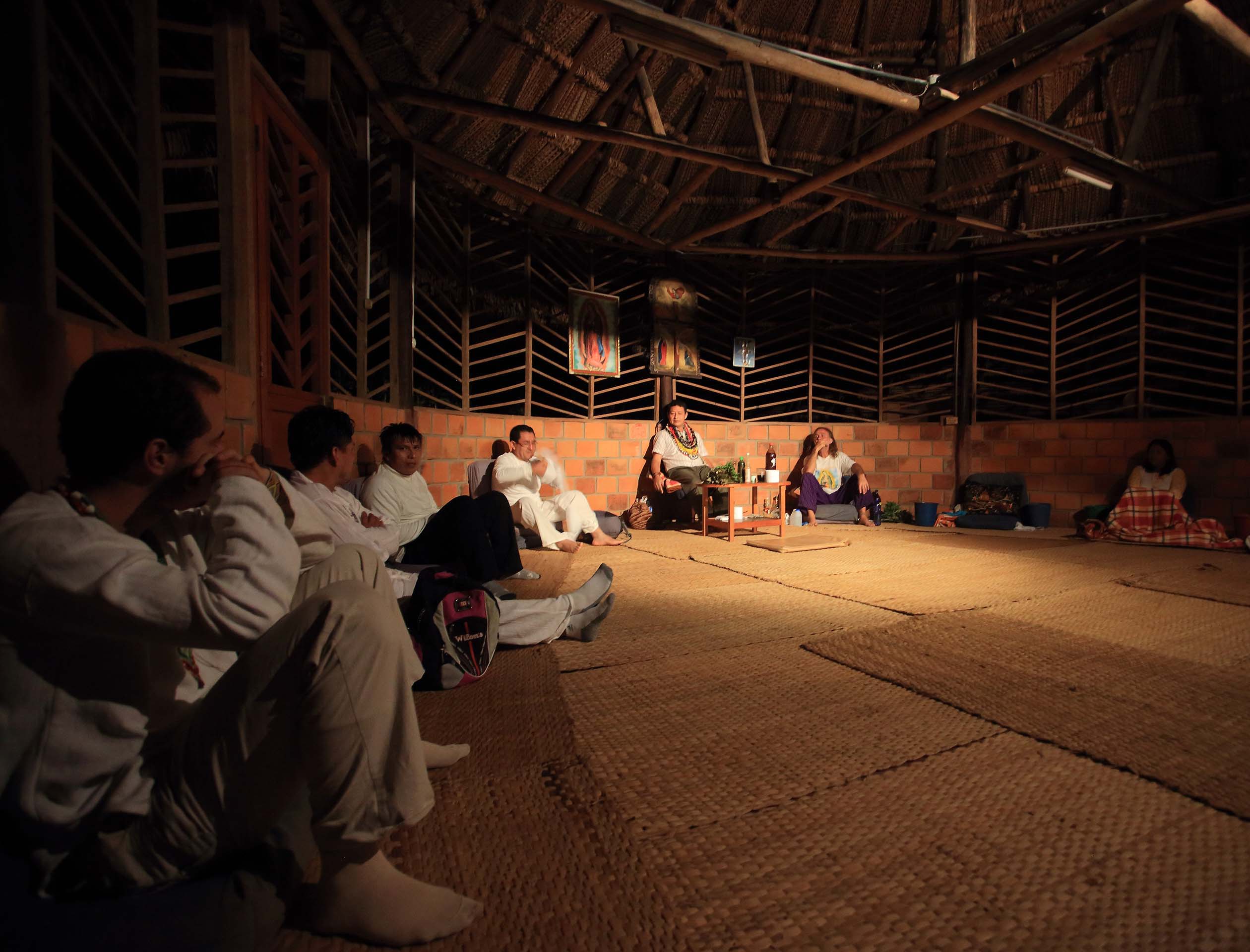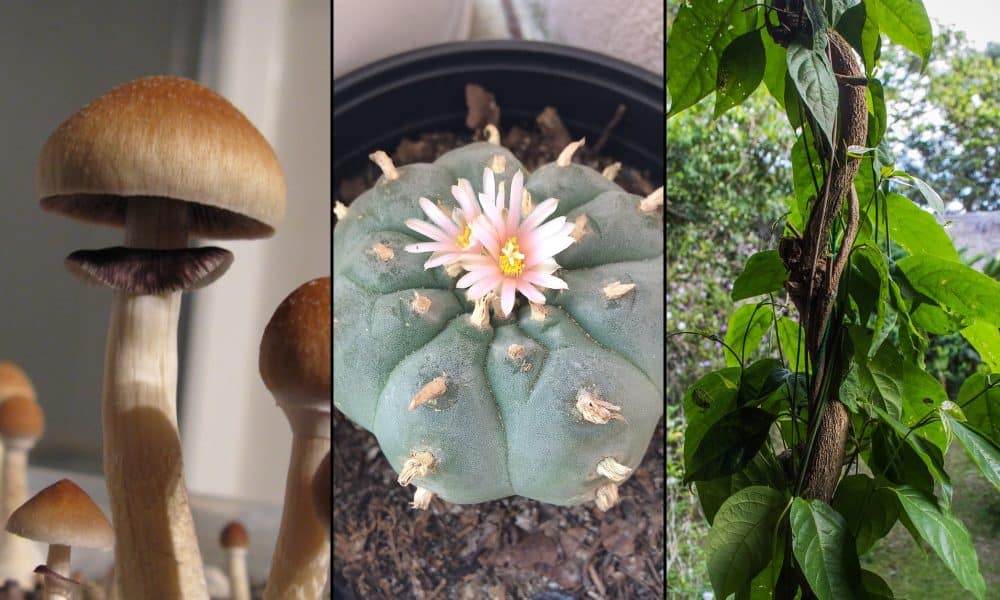Welcome to the Ayahuasca Experience blog. In today’s deep dive, we’ll explore the potential intersection of ayahuasca and autism, considering both the healing journeys and the complex nature of neurodiversity. Join us as we venture into this delicate, yet profound topic.
Exploring the Intersection of Ayahuasca and Autism: Insights from Healing Retreats
The profound and often transformative experiences reported by individuals attending Ayahuasca retreats have prompted a growing interest in the potential therapeutic benefits for a wide range of psychological and physiological conditions. Among these conditions is autism spectrum disorder (ASD), a developmental disorder characterized by challenges with social interaction, communication, and restricted or repetitive behaviors.
Understanding the intersection between Ayahuasca and autism involves delving into the unique ways this powerful plant medicine may impact individuals with ASD. The use of traditional Amazonian medicine to facilitate healing experiences draws upon centuries of indigenous knowledge, which suggests a holistic approach to well-being that could be particularly beneficial for those on the autism spectrum.
Personal anecdotes from retreat participants with autism, and cautious speculation from researchers, suggest that Ayahuasca may promote a greater sense of connection and social integration for individuals who commonly feel isolated by their condition. There is also the possibility that the intense sensory and emotional experience elicited by Ayahuasca consumption could offer a different perspective on personal challenges and limitations faced by those with autism.
However, exploring Ayahuasca as a therapeutic tool for autism also requires careful consideration of the ethical implications and the importance of set and setting. Since individuals with autism may have heightened sensitivity to sensory input and altered processing of social cues, the intense nature of an Ayahuasca experience needs to be approached with caution, emphasizing the necessity for skilled facilitators who are experienced in supporting those with diverse neurological conditions.
The sacred rituals surrounding Ayahuasca also play a significant role in the healing process. For some individuals with autism, participating in structured ceremonies provides a sense of safety and predictability that can enhance their experience. The community aspect of a retreat might also contribute to feelings of belonging and shared understanding, which can be therapeutic in themselves.
While definitive scientific research on the effects of Ayahuasca on autism is currently limited, the anecdotal evidence from healing retreats presents a compelling case for further investigation. The potential cognitive and emotional breakthroughs reported by individuals with ASD who have participated in Ayahuasca ceremonies underline the need for more rigorous and empathetic approaches to understanding how this ancient healing practice might intersect with modern therapeutic needs.
Can Psychedelics Help with Autism? | Dr. Gül Dölen | The Tim Ferriss Show
First study of psilocybin in adults with autism opens
Frequent Questions
Can ayahuasca therapy provide benefits for individuals with autism spectrum disorder attending a retreat?
Ayahuasca therapy may offer potential benefits for individuals with autism spectrum disorder (ASD), such as improved emotional processing and reduced anxiety. However, it’s crucial to approach this therapy with caution due to the unpredictable nature of the substance and the sensitivity of individuals with ASD. Attending a retreat that specializes in supporting people with ASD and includes professional medical supervision is essential to ensure safety and tailor experiences to individual needs. Currently, scientific research on ayahuasca’s effectiveness for ASD is limited, so claims should be considered with skepticism, and personal discretion is advised.
What are the safety considerations for someone with autism participating in an ayahuasca healing ceremony?
When considering an ayahuasca healing ceremony for someone with autism, key safety considerations include ensuring a supportive and understanding environment tailored to the individual’s sensory sensitivities. It’s crucial to consult with a healthcare provider familiar with the person’s medical and psychological history since ayahuasca can interact with medications and may exacerbate certain conditions. Choosing a reputable retreat with experienced facilitators who can provide a high level of care and personal attention is also essential for addressing any special needs or unexpected reactions during the ceremony.
How does the ayahuasca retreat experience need to be adapted for participants on the autism spectrum to ensure their comfort and safety?
To ensure the comfort and safety of participants on the autism spectrum during an ayahuasca retreat, several adaptations are necessary. It’s important to provide a consistent sensory environment to reduce potential sensory overloads, which includes controlling stimuli like light, sound, and touch. Having trained facilitators who understand the unique needs of autistic individuals can help in creating personalized support strategies. Additionally, offering pre-retreat orientation sessions can help participants familiarize themselves with the setting and process. Clear and structured communication is also essential to ensure understanding and reduce anxiety. Lastly, integrating individualized integration sessions post-ceremony can offer tailored support for processing the experience.
In conclusion, the intersection of Ayahuasca and autism is a realm of immense potential yet one that demands cautious exploration. While anecdotal evidence and preliminary studies suggest possible benefits for individuals on the autism spectrum seeking healing and personal growth, we must proceed with both open minds and scientific rigor. Those considering an Ayahuasca retreat for therapeutic purposes should do so in collaboration with healthcare professionals and experienced facilitators, ensuring a setting that prioritizes safety, respect, and personal wellbeing.
As more research unfolds, the hope is to better understand not just Ayahuasca’s physiological and psychological effects, but also its cultural and spiritual significance, which can be integral to the healing process. It is crucial to remember that Ayahuasca is not a ‘cure’ but a tool that, when used responsibly, can lead to profound insights and improvements in quality of life for some individuals.
Let us embrace the spirit of knowledge and compassion as we continue this journey, recognizing the potential for Ayahuasca to contribute to the spectrum of healing modalities, while honoring the experiences of those with autism. The path of healing is deeply personal and uniquely varied; may we support each individual’s journey with empathy and understanding.






